Program Committee
Organizers:
Prof. Benjamin Grewe (Institute of Neuroinformatics, Department of Information Technology and Electrical Engineering)
The program committee and the background of its members
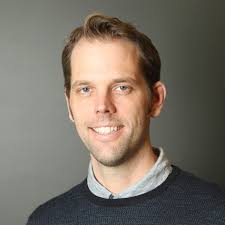
Benjamin F. Grewe, D-ITET (Experimental and Theoretical Neuroscience/Deep-Learning). The Grewe lab is integrated at the Institute of Neuroinformatics that combines engineering and machine-learning approaches with neuroscience research. Currently, the group is organized 50/50 with PhDs and PDs working in deep learning as well as neuroscience. The core visions of the lab are to understand brain function and to advance deep learning and training of ANNs by understanding the basic principles of learning in biological neuronal networks. Benjamin Grewe has organized several international conference symposia on similar topics that included some of the world’s experts in deep-learning and neuroscience. For more information and a list of recent publications please visit: www.ini.uzh.ch/en/research/groups/grewe.html
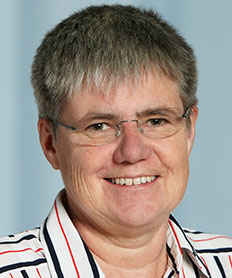
Angelika Steger, D-INFK (Combinatorial Structures and Algorithms). Steger’s group is part of the Institute of Theoretical Computer Science. The group’s work focuses on the impact of randomness on discrete structures. This ranges from topics in discrete mathematics to computational neuroscience. A particular focus of the latter is to understand how randomness facilitates fast learning and generalization. The mission of the group is to combine understanding of biological principles and possibilities of digital hardware to provide solutions that can learn from small data sizes, similar to humans. Steger is a member of the German Academy of Science Leopoldina. For more information and a list of recent publications please visit: www.as.inf.ethz.ch/

Luc Van Gool, D-ITET (Computer Vision/Machine-learning/Deep-Learning). As the head of the ‘Computer Vision Laboratory’ and with over 80k citations the Van Gool lab focuses on developing new computer vision algorithms, that include deep learning. Luc Van Gool has been a member of the program committees of several leading international conferences, including the ICCV, ECCV, and CVPR. He was nominated `Distinguished Researcher’ by the IEEE Computer Society in 2017; he received a Koenderink `Test-of-Time’ Award in 2016; he was granted a 5-yearly Excellence Prize by Flemish Fund for Scientific Res. in 2015, as well as a U.V. Helava Prize by the Int. Soc. for Photogrammetry & Remote Sensing (ISPRS) in 2012. He received the Saburo Tsuji Outstanding Paper Prize in 2007 and a David Marr Prize in 1998. Luc Van Gool co-founded more than 10 startup companies in the area of computer vision. For more information please visit the ETH computer vision website: www.vision.ee.ethz.ch/en/
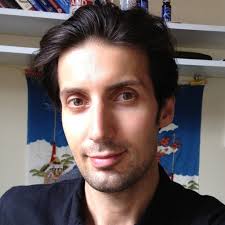
Denis Burdakov, D-HEST (Experimental neurobiology, neural circuit dynamics and computation). The Burdakov lab is part of D-HEST Institute for Neuroscience, which combines experimental and theoretical approaches at all levels of neuroscience from molecules to humans. The Burdakov lab is using cell-type-specific neural recording and actuation technologies in mammalian brains, in order to define neural circuit dynamics and algorithms that produce appropriate adaptive actions and decision-making. For more information and recent publications please visit Burdakov lab website: http://neurodynamics.ethz.ch
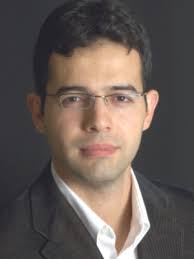
Mehmet Fatih Yanik, D-ITET (Neuroscience and Neurotechnology). The Yanik lab is developing advanced neuroscience technologies to image, manipulate and understand brain circuits and subsequent cognitive behavior. For this purpose, the lab employs technologies ranging from optics/optoelectronics, electrophysiology, fMRI, brain-machine interfaces, and non-invasive nanoparticle virus/neuromodulator delivery methods. For more information please visit: www.neurotechnology.ethz.ch
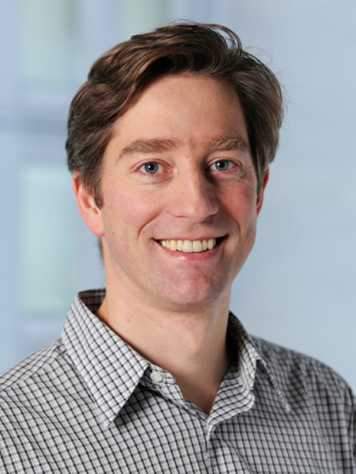
Richard Hahnloser, D-ITET (Theoretical and Experimental Neuroscience/Deep-Learning). The Hahnloser lab focuses to decipher the neuronal network algorithms that are inherent in birdsong learning and their relevance for natural language processing. Projects in the lab include neuroscience experiments in zebra finches that learn to sing as well as machine and deep learning projects to understand the semantic organization (meaning) of language. For more information please visit: www.ini.uzh.ch/en/research/groups/zfinch.html